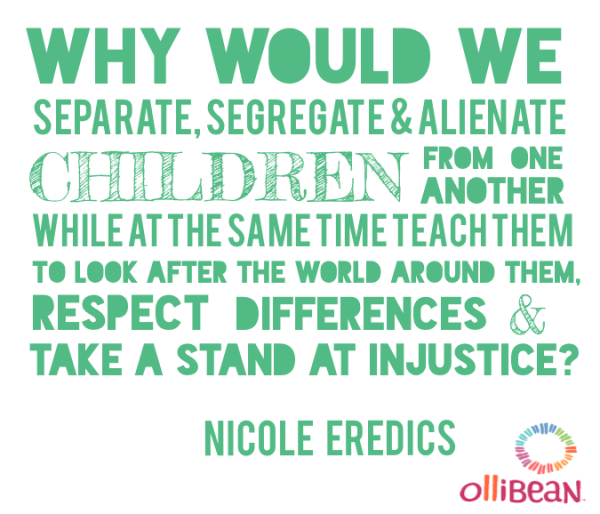
Why wouldn’t we want it? Why wouldn’t we want to ensure that every child had the same opportunity to be a child? To play with peers, eat lunch together, learn together, attend the same field trip, and hear the same stories? Why would we separate, segregate and alienate children from one another while at the same time teach them to look after the world around them, respect differences and take a stand at injustice. Ironically, in many schools, injustice happens right before our children’s very eyes. Why would we want that?
The successful inclusion of children with disabilities and special needs in our school system relies on the belief that all children have equal access to a quality education. Inclusive education isn’t a program, a place or a classroom. It is a way of understanding and living in the real world. Because, in fact, this is a world that has people of all different sizes, shapes, colors and abilities. Inclusive education embraces those differences and has a system that welcomes and supports the needs of children with various abilities. It encourages growth and values diversity. Inclusive education encourages participation and allows for choice. And, Inclusive education benefits all.
In a 2009 study, the Centre for Education Research and Policy at Simon Fraser University in British Columbia, Canada, wanted to know if British Columbia’s inclusive school system was to the detriment of typically developing students. It compared the achievement of successive cohorts of students within every public elementary school in BC (as measured by the change in individual Foundation Skills Assessment scores between grades 4 and 7), for cohorts entering grade 7 between 2002 and 2004. Researchers then measured the effect of having more or fewer classmates with disabilities in the classroom. The results show that increasing the proportion of students with special educational needs in classrooms has only extremely small and statistically insignificant effects on the achievement of other students. “This research provides credible evidence that, whatever B.C.’s teachers are doing to support students with disabilities and their classmates, it is successful in ensuring that there are no detrimental side-effects of the inclusion policy”, said co-author Dr. Brian Krauth. (To learn more about this research, visit www.sfu.ca/cerp/research.)
Inclusive education in our local schools cannot happen overnight. As the above-mentioned research indicates, teachers need to be trained to teach and support various abilities. In addition, inclusive schools require support from the district, other professionals and the community. For a more comprehensive understanding of how an inclusive school system works, please refer to www.theinclusiveclass.com.
We can, however, start moving towards a more inclusive system now. We can educate one another and ourselves. We can learn about the myths and realities of inclusion. We can have conversations and create dialogue for change. We can evolve and actually become the people that we tell our children to be.
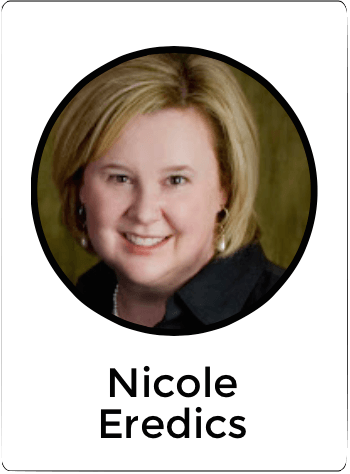
Nicole Eredics of the The Inclusive Class provides support and information about inclusive education.
Nicole is an Elementary Teacher who has spent over 15 years teaching in an inclusive school system in British Columbia, Canada. As a teacher in an inclusive classroom, she teamed with parents, administrators, co-teachers, paraprofessionals and outside agencies to teach children of all abilities. Her strong belief in inclusive education drives her desire to ensure that all children receive equal and enriching education.
Nicole’s website, podcasts, and livebinders are some of the best sources for inclusion out there. Nicole co-hosts a podcast, The Inclusive Class , on which expert guests are interviewed about various topics related to inclusion. Her website, www.theinclusiveclass.com is full of resources and information related to the inclusive classroom. Her online LiveBinder, called The Inclusive Class, is stocked full of printables, tip sheets and information about working with children with various needs.


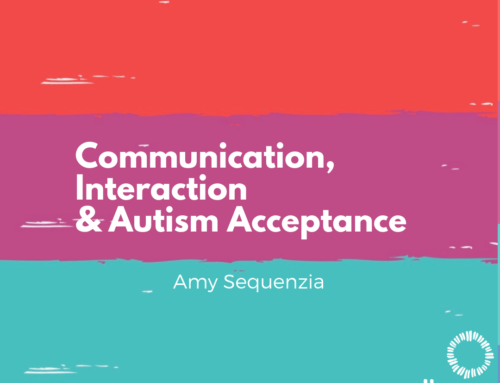
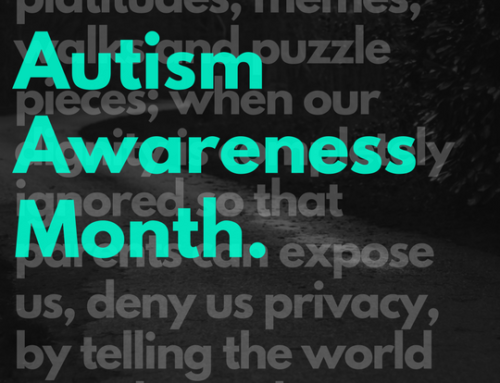
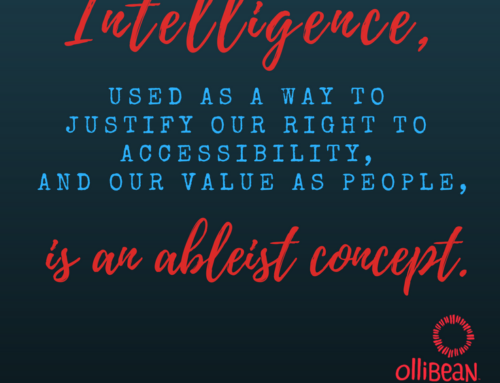
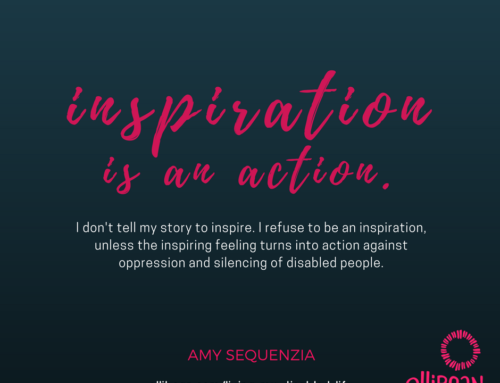
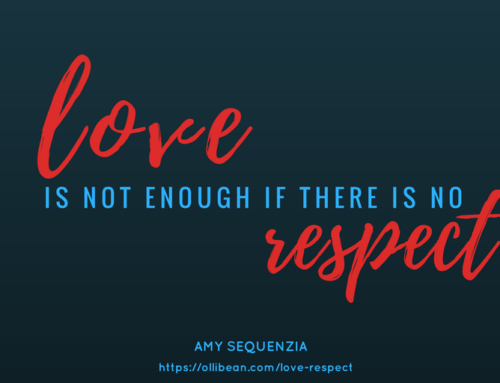
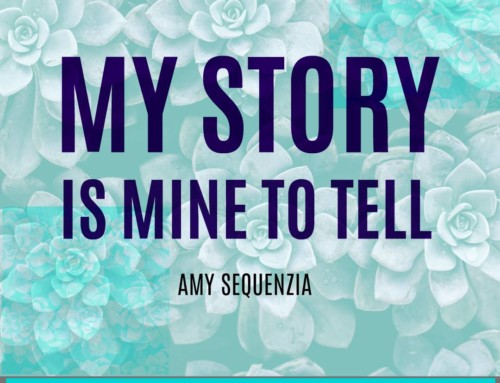
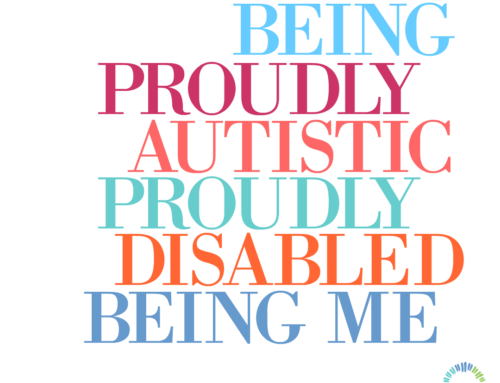
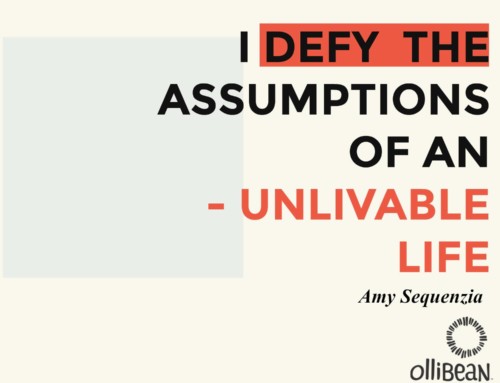
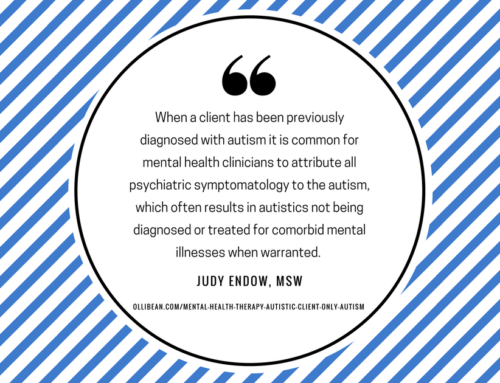
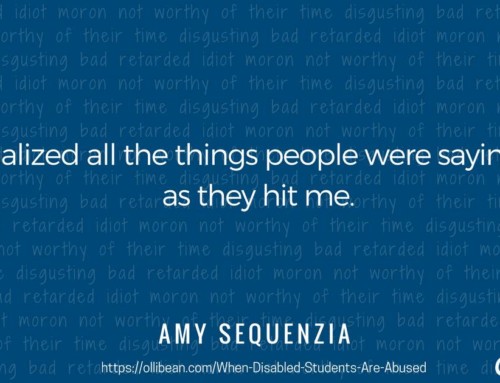

Leave A Comment